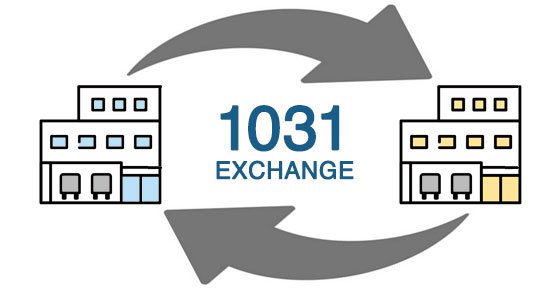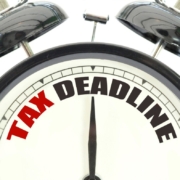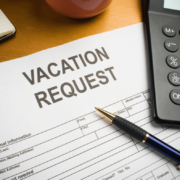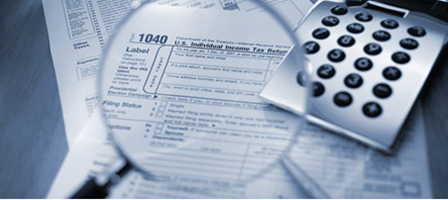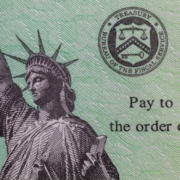How to Defer Tax with a Like-Kind Exchange
- Learn about like-kind exchanges and how they may benefit you.
- Discover important changes for like-kind treatment.
- Read a real-world example of a like-kind exchange.
Do you want to sell commercial or investment real estate that has appreciated significantly? One way to defer a tax bill on the gain is with a Section 1031 “like-kind” exchange. In this exchange, you exchange the property rather than sell it. With real estate prices up in some markets (and higher resulting tax bills), the like-kind exchange strategy may be attractive.
The IRS defines like-kind exchange as any exchange of real property held for investment or for productive use in your trade or business (relinquished property) for like-kind investment, trade or business real property (replacement property).
For these purposes, like-kind has a broad definition. We consider most real property like-kind with other real property. However, neither the relinquished property nor the replacement property can be real property held primarily for sale.
An important change for like-kind treatment
Under the Tax Cuts and Jobs Act, tax-deferred Section 1031 treatment no longer allows for exchanges of personal property completed after December 31, 2017. This includes equipment and certain personal property building components.
Unsure if the property involved in your exchange is eligible for like-kind treatment? Contact your Fiducial representative to discuss the matter.
Assuming the exchange qualifies, the tax rules work this way. If you have a straight asset-for-asset exchange, you won’t have to recognize any gain from the exchange. You’ll take the same “basis” (your cost for tax purposes) in the replacement property that you had in the relinquished property. Even if you recognize no gain on the exchange, you still must report it on Form 8824, “Like-Kind Exchanges.”
Frequently, however, the properties aren’t equal in value. So, some cash or other property may get tossed into the deal. We call this cash or other property boot. If you have boot involved, you’ll have to recognize your gain, but only up to the amount of boot you receive in the exchange. In these situations, the basis you obtain in the like-kind replacement property you receive equals the basis you had in the relinquished property you gave up reduced by the amount of boot you received but increased by the amount of any gain recognized.

An example to illustrate like-kind exchange
Let’s say you exchange land (business property) with a basis of $100,000 for a building (business property) valued at $120,000 plus $15,000 in cash. Your realized gain on the exchange is $35,000. You received $135,000 in value for an asset with a basis of $100,000. However, since it’s a like-kind exchange, you only have to recognize $15,000 of your gain. This equals the amount of cash (boot) you received. Your basis in your new building (the replacement property) will be $100,000. This equals your original basis in the relinquished property you gave up ($100,000) plus the $15,000 gain recognized, minus the $15,000 boot received.
Note: No matter how much boot you receive, you’ll never recognize more than your actual (“realized”) gain on the exchange.
If the property you’re exchanging is subject to debt from which you’re being relieved, the amount of the debt is treated as boot. The theory is that if someone takes over your debt, it’s equivalent to the person giving you cash. Of course, if the replacement property is also subject to debt, then you’re only treated as receiving boot to the extent of your “net debt relief” (the amount by which the debt you become free of exceeds the debt you pick up).
Great tax-deferral vehicle
Like-kind exchanges can be a great tax-deferred way to dispose of investment, trade or business real property. Do you have questions or would you like to discuss this strategy further? Call Fiducial at 1-866-FIDUCIAL or make an appointment at one of our office locations to discuss your situation.
Ready to book an appointment now? Click here. Know someone who might need our services? We love referrals!
For more small business COVID-19 resources, visit Fiducial’s Coronavirus Update Center to find information on SBA loans, tax updates, the Paycheck Protection Program, paid sick and family leave.

